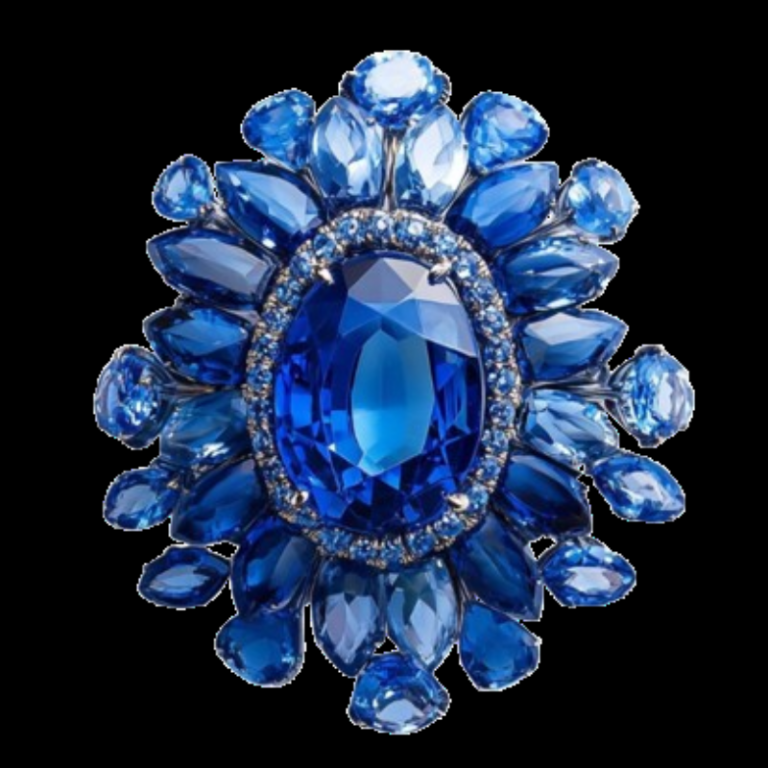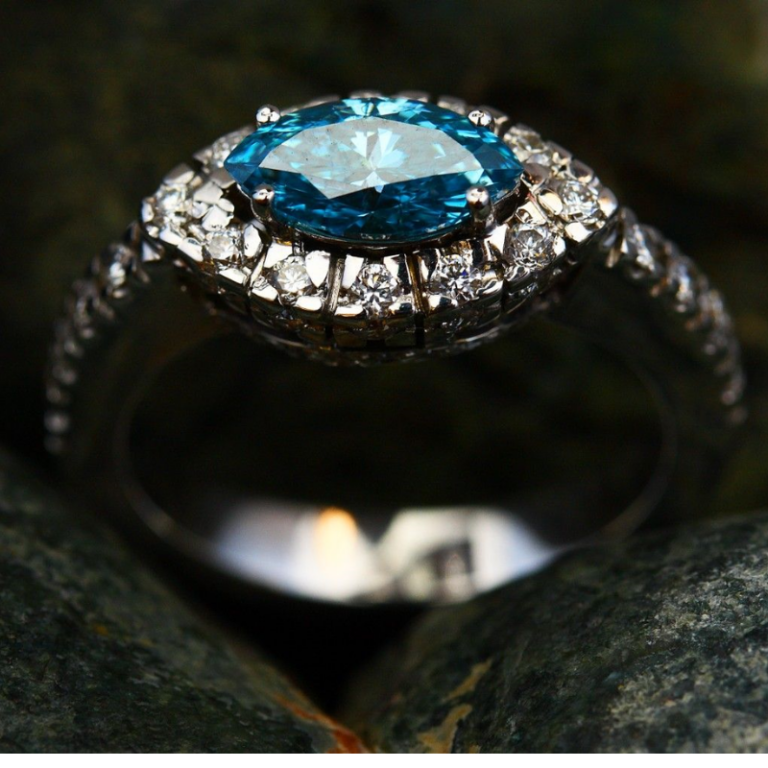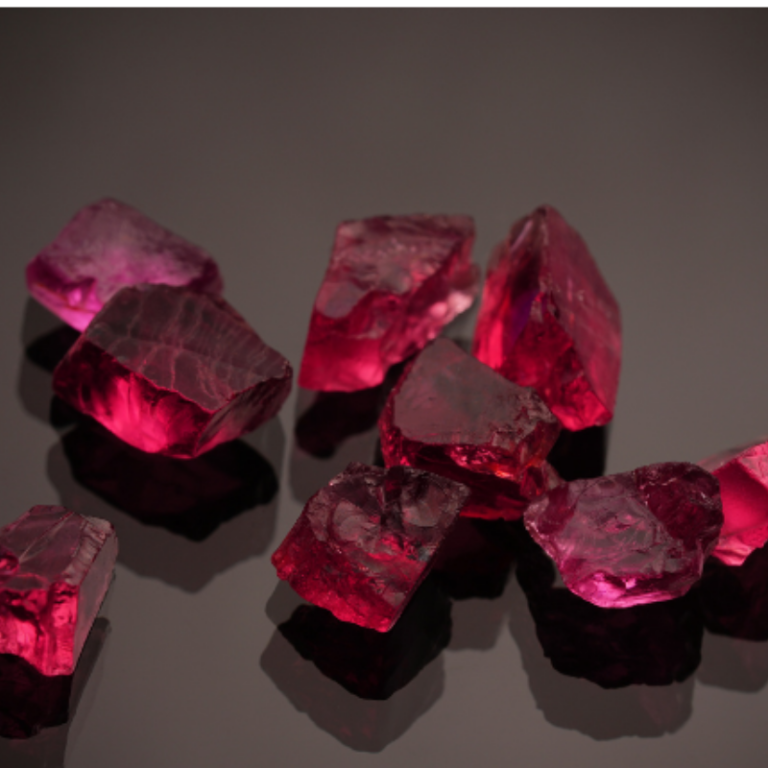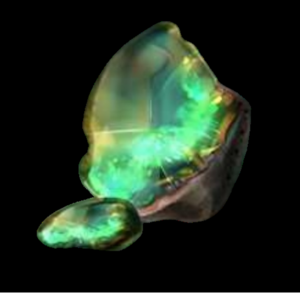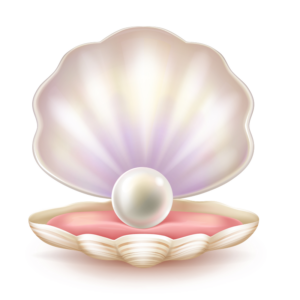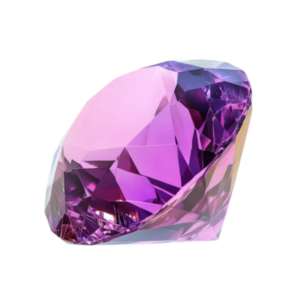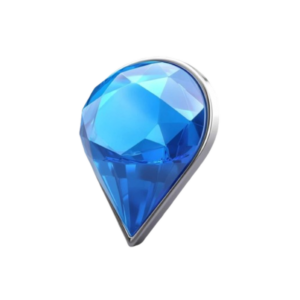The Gemstone Certifications and Grading: A Guide
Gemstone grading and certification are critical measures for guaranteeing that the beauty and worth of a gemstone are accurately realized and preserved. Whether you’re an experienced collector or a newcomer to the world of gemstone purchasing, grasping these procedures can assist you in making well-informed decisions and safeguard your investment.
Essentially, a gemstone certification is a precise report issued by an independent, well-respected gemological laboratory. This document confirms the authenticity of the gemstone and determines its quality according to standardized parameters. For diamonds, for example, certificates usually provide the famous “Four Cs” of color, clarity, cut, and carat weight. But gemstone certification extends beyond diamonds. They also have a range of colored gemstones, and each of these has grading parameters that reflect distinct characteristics like color saturation, locality, and treatments undergone to make it appear better.
The main advantage of a gemstone certification is being transparent. With numerous gemstone treatments available these days—varying from heat treatment to irradiation—certifications provide tangible assurance about the natural state of the gemstone. Such openness enables buyers to identify naturally occurring and treated stones, an important consideration in value and durability determination. Besides, an insured gemstone is generally simpler to resell, because potential buyers can see the lab’s report and believe the attested quality and authenticity.
Grading, in contrast, is a careful examination of a gemstone’s physical properties. In diamonds, color is graded from D (colorless) to Z (light yellow or brown), whereas clarity is graded on the basis of the presence of internal or external flaws. Colored gemstones are graded on hue, tone, and saturation. This technical process relies on precise instruments and expert judgment, ensuring consistency and objectivity in an industry where even minor differences can significantly impact a stone’s market value.
The validity of a gemstone certificate relies heavily on the issuing laboratory. Reputable organizations like the Gemological Institute of America (GIA), the American Gem Society (AGS), and other well-known labs have established their credibility based on decades of consistent, accurate assessments. When selecting a gemstone, it is best to select one that comes with a certificate from a reputable organization.
In today’s competitive market, gemstone certification and grading knowledge makes you a smarter buyer. It deciphers the art of gemstone assessment and allows you to better understand the art and science behind each gemstone. When buying a piece of jewelry or making an investment in rare gemstones, a certified gem provides reassurance and assurance of quality.
Finally, gemstone certification and grading reconcile the natural beauty of these stones with their market worth. By guaranteeing that every gemstone is carefully examined and properly recorded, these procedures ensure the integrity of the gemstone market and safeguard both the buyer and seller in each transaction.




